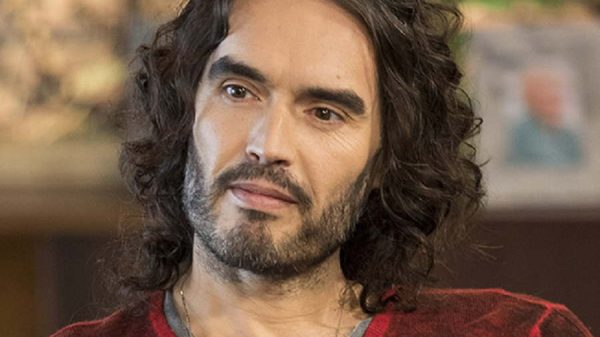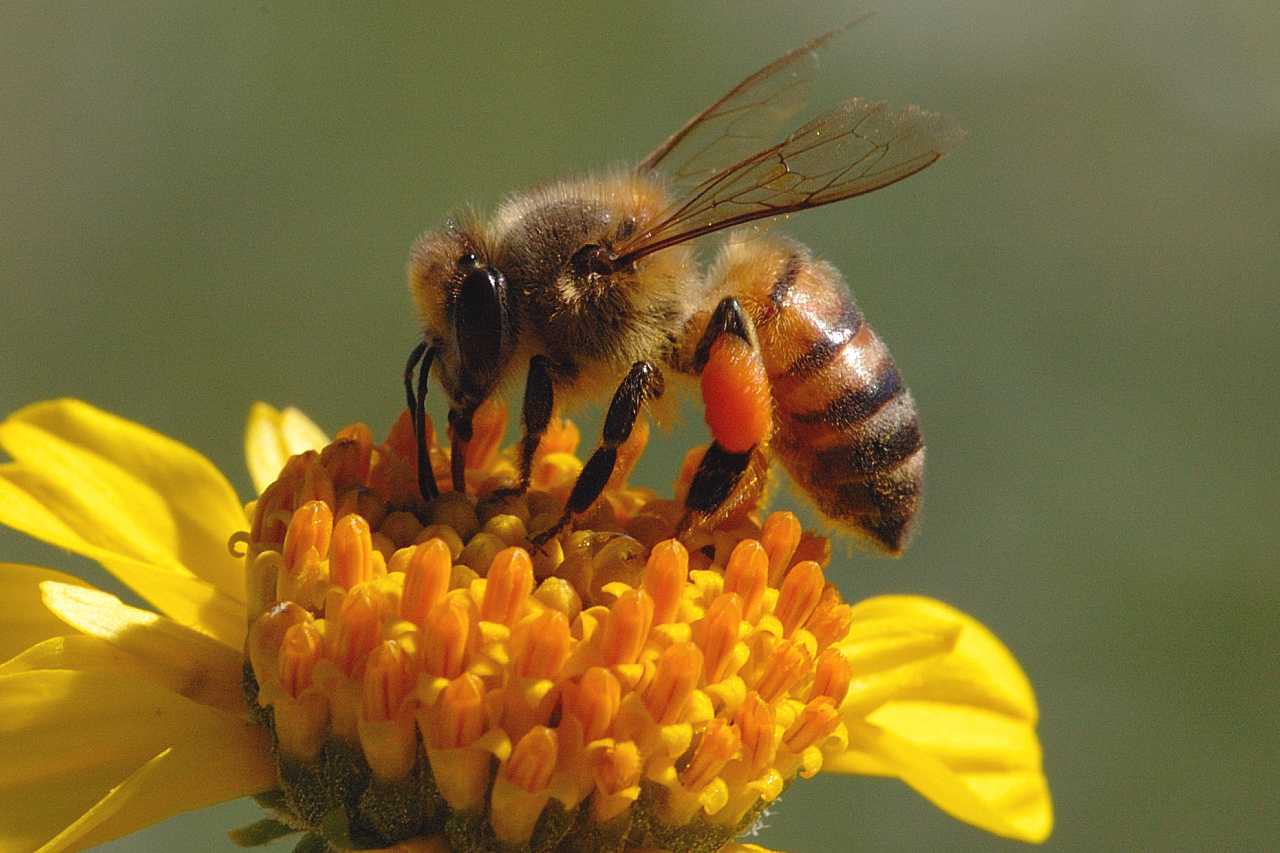There’s a buzz in the air as we celebrate World Bee Day.
People everywhere are being asked to do more to protect an insect vital to life on earth.
The United Nations is calling on everyone – governments, researchers, and consumers – to do more.
It’s estimated a third of the world’s food production is dependent on bees.
They are essential for keeping the balance between humans, plants, animals, and the environment.
The UN says more than one million bee species face extinction.
People are being urged to help bees by planting out bee friendly plants – heather, and daisies – in open spaces.
Leaving parts of the garden to grow wild allowing bees shelter.
And don’t spray gardens with pesticides.
One beekeeper recommends putting up hanging baskets.
Nicola Reed, 56, a retired art teacher, has ten hives at her home in Wiltshire.
She told the PA news agency:
“I fell in love with the harmonious buzz of the bees after my husband was gifted a hive for his birthday.
“Bees are declining because more pesticides are being used.
“Since we left the European Union (EU), Brexit has actually meant that we’re less strict about using pesticides.
“Our Government has recently given permission for thiamethoxam to be used on sugar beet, and it’s deadly poisonous for bees.
“We also use pesticides in our gardens, and we have less green space for bees to forage.
“And the varroa mite, which came to our shores in 2003, is affecting our bees very badly.”
Mrs Reid’s advice for attracting bees is to allow flowers to grow on lawns.
She said: “Not mowing the lawn is essential.
“Dandelions and daisies are great foraging for bees, and for solitary bees to nest in, just to give bees more of a space to be in rather than a clean-cut lawn.
“Also, window boxes, hanging baskets, and plant pots are all great for bees to forage.”




















